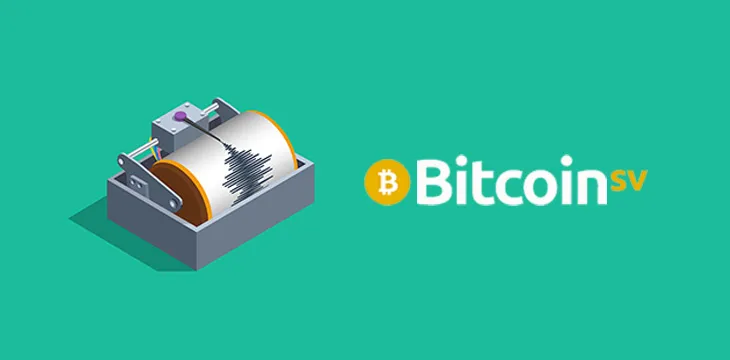|
Getting your Trinity Audio player ready...
|
First came the automated weather channels. Now, even earthquake data can be found on the Bitcoin SV (BSV) blockchain.
Real estate blockchain company Zweispace has tapped into the BSV network to record earthquake-related information, in a bid to lessen the risk of earthquake data being manipulated, particularly in disaster-prone areas like Japan.
CEO Hayato Kameta, a 20-year veteran of the real estate industry, describes earthquake research as a “slow area in academics,” where not only “not many specialists compete” but has also been riddled with incidents of data manipulation. In Japan, for instance, quake damper producer KYB Corp. admitted in October 2018 that it falsified data for products focusing at improving earthquake resistance. More recently, a Kyoto University professor has been found to have fabricated data in a 2016 paper that examined the 7.0 magnitude earthquake that occurred in Kumamoto, Japan, in 2016.
“Construction companies have incentive to hide the fault. They usually never research the outcome after finishing constructing buildings,” Kameta tells CoinGeek. “From my quick study of the structural dynamics field, it doesn’t make sense much, and [I] thought non-linear AI [artificial intelligence] analysis will be much efficiently and accurately describe the structural motion of the buildings, so I set that to blockchain and let everyone access the truthful data survived through earthquake by distributed ledger, and build system using AI.”
This way, Kameta said people from anywhere around the world can access the data, which they can use to come up with their own model for predicting earthquake impact. He notes, “That can be more important than Google’s analyzing images and language structure, at least for Japanese, and countries with many earthquakes.”
Zweispace has already recorded data gathered from its “detectors connected to Internet,” or their “Internet of Things (IoT) sensors.” Kameta, however, clarified that no private information is revealed since they only record data “roughly by longitude, latitude and height, like AirBnB property location.”
The data is recorded on the BSV blockchain, which Kameta describes as a “simple” blockchain that allows his team to manage the challenges they encountered with this initiative. Zweispace has been using the BSV chain, which emphasizes security and is regulation-friendly, as its public blockchain for real estate data storage.
And that’s just the opening salvo for Zweispace. According to Kameta, “other sensors are ready” to gather more data soon.

 07-05-2025
07-05-2025 





